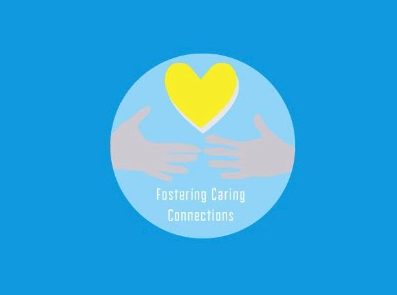CCP Raises Visibility of the Foster Care System
For much of 2020, Philadelphia’s progressively-minded institutions have drawn their focus to improving the lives of marginalized groups.
On Nov. 12, the Women’s Outreach & Advocacy Center hosted a workshop centered on the foster care system. The “Understanding the Dependency/Delinquency System and Foster Care” workshop was set to focus on how and why children are placed in foster care, the wide array of impacts that come from life in foster care, as well as resources for attendees who either wish to become foster parents or are current foster parents seeking assistance.
Speakers included Christian Bailey, a recruitment specialist with CCAMPIS, and Michele Lopez, coordinator for the Center of Community Engagement and Civic Leadership. The two partnered together to offer a history of foster care, including children’s rights and privileges as they’ve developed over the years, and discussed CCP’s involvement in supporting college attendees who found themselves in foster care at one time or another.
“There are about 400,000 youths in the foster care system,” Lopez said. “Although eight out of ten say they’d like to attend college, less than ten percent of those who do earn a bachelor’s degree.” According to numbers provided by Bailey, as of the end of June just under 5,000 children had been placed in foster care in Philadelphia.
Bailey elaborated that prior to 1875 there were more laws protecting animals than children. Since the first movement (which had no government backing) to safeguard children from dangerous home environments with the 1875 establishment of the New York Society for the Prevention of Cruelty to Children, many debates have raged over government involvement, parents’ rights, and children’s rights. The 1997 Adoption and Safe Families Act is the most recent law that aims to assist children moving in and out of foster care.
The workshop is part of CCP’s continued involvement in community integration. The College has tacked up a strong track record for considering its students and their backgrounds along with their futures, establishing the campus program, Fostering Caring Connections in 2018. FCC connects students who have been in the foster care system at one point or another to resources like advising and tutoring, emergency funds, food, and shelter.
The program functions on a Single Point of Contact (SPOC) framework, which according to Lopez, “came out of a best practice for addressing homelessness at college campuses through The National Association for the Education of Homeless Children and Youth.” SPOC is a streamlined one-stop of assistance for foster care adults to connect to the above-mentioned resources. The SPOC model has been with FCC since its inception before it became the legal standard for services of its kind.
CCP also offers housing to students in dire need and currently has two slots open now. For those interested in or in need of assistance, Lopez advises emailing [email protected], [email protected], or [email protected]; or calling 717-685-5982
In 2019 homelessness affected nearly one in five CCP students according to the Hope Center. Among those in foster care, the numbers were double, with 42% of respondents (conservatively estimated) who had been in foster care also reporting homelessness during their two years in college. With COVID-19 showing no sign of letting up, housing, food security, and other basic needs are increasingly unstable.
When class is once again in person, Lopez suggested that there may be banners for staff and professors that have gone through one of the many training programs that the Institute for Community Engagement and Civic Leadership offers, to signal safe spaces for struggling foster youth to begin seeking assistance.


